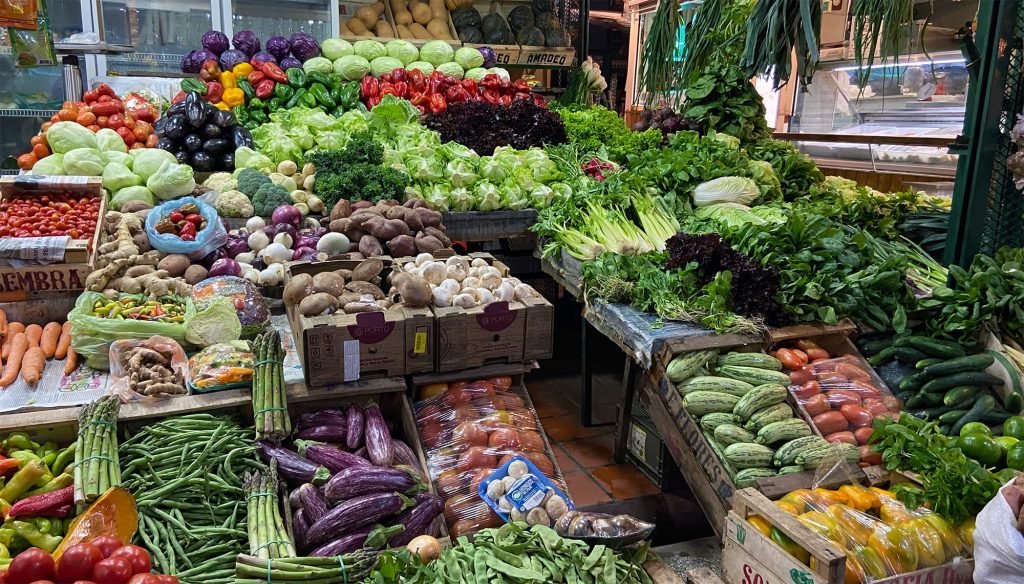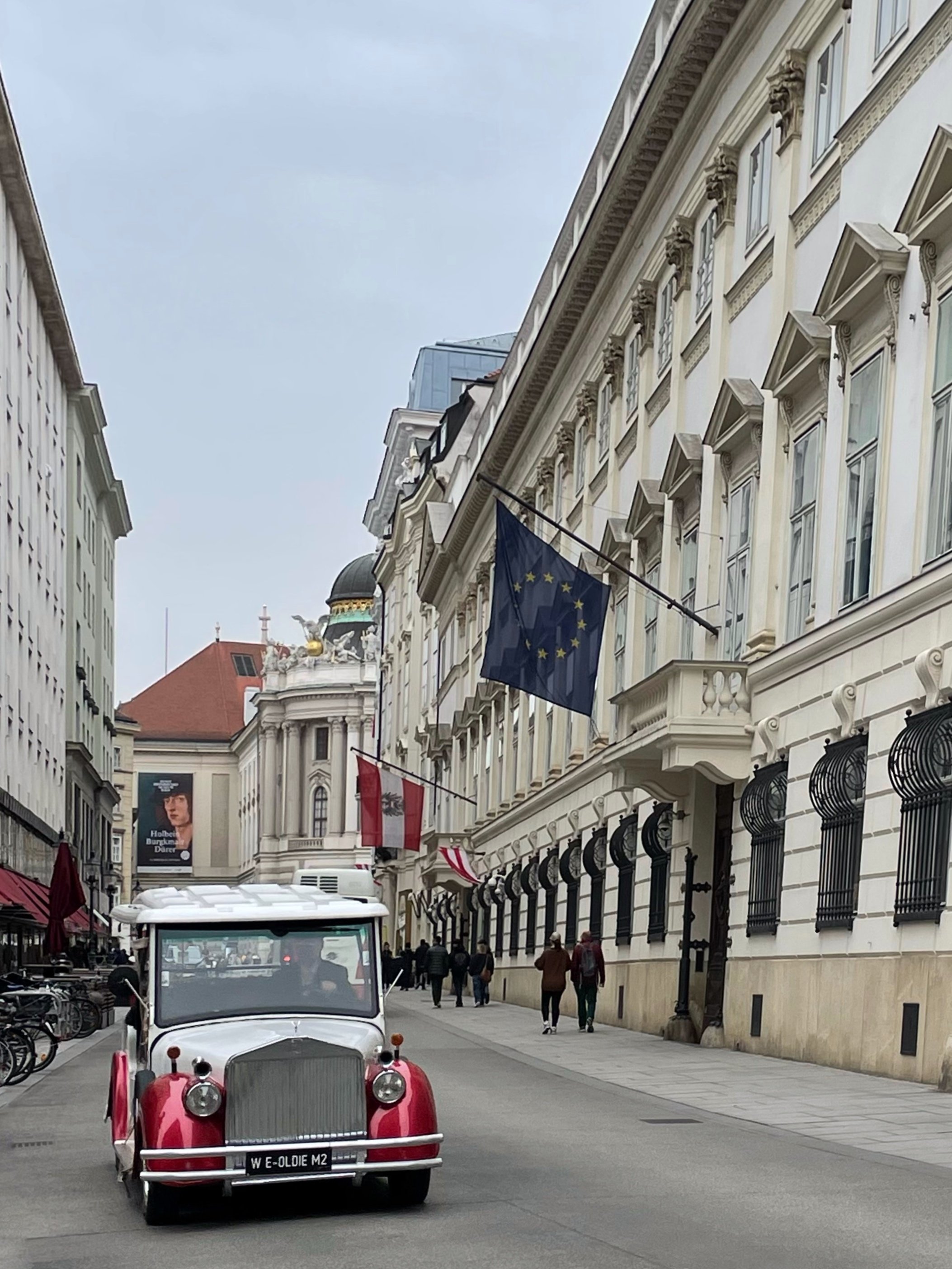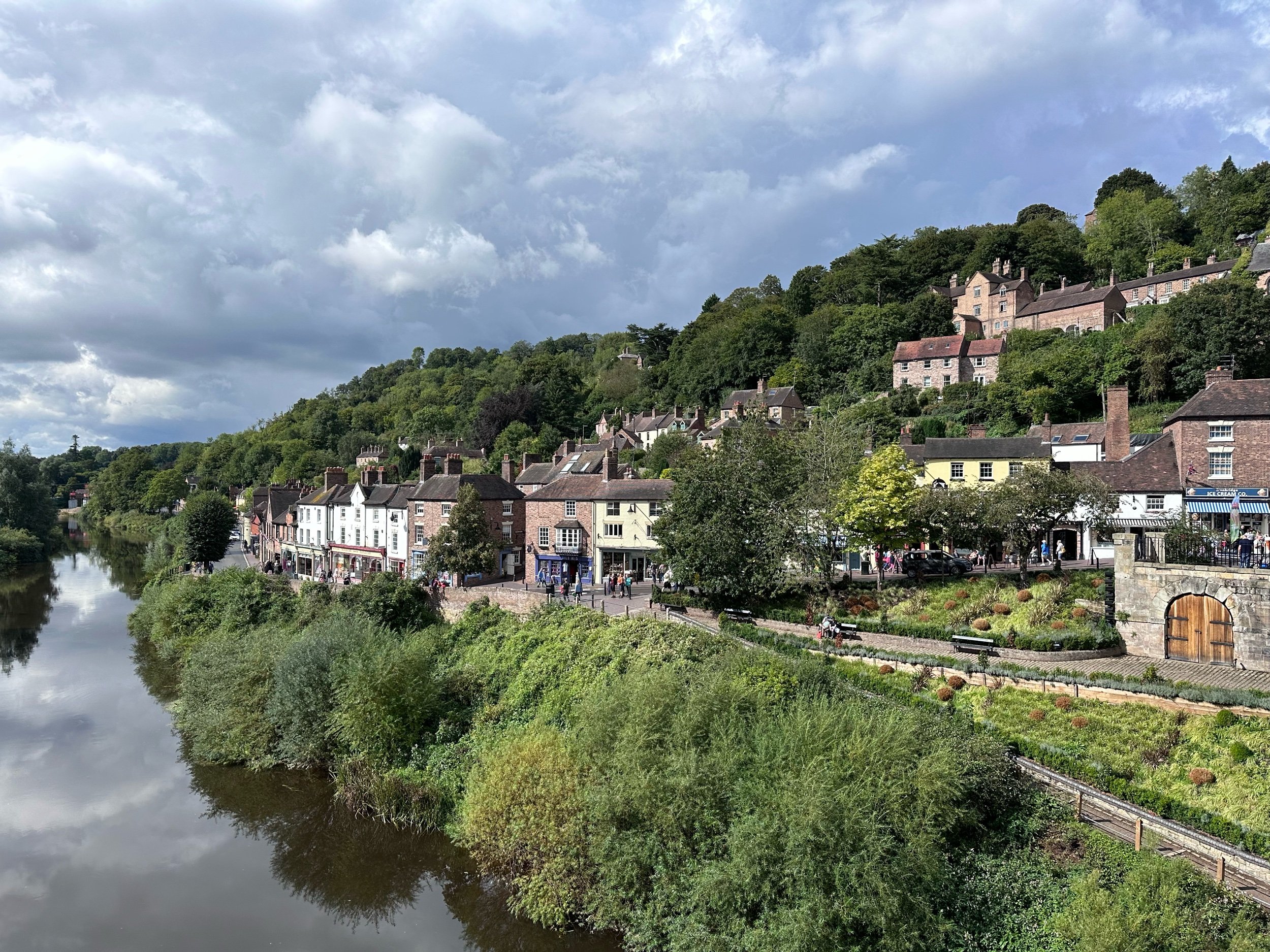
Budgeting
Calculating the cost of family travel
We have a maximum budget of £400 per day for four people.
Or in other words, £100 per person per day.
Our daily allowance is split roughly between:
-

Accommodation - £220 per day
-

Overland transport - £60 per day
-

Food and groceries - £80 per day
-

Activities and tours - £40 per day
We are from the UK and we record all our travel expenses in £ - British Pounds (GBP). This helps us to compare prices across places and monitor our spend relative to our income.
Everyone’s travel style and preferences are different. Costs will vary depending on travel style and countries visited.
Our daily spend was £450 in Iceland, £420 in the USA, £400 in Denmark, £380 in Germany, £350 in Aotearoa, £330 in Australia, £305 in Austria, £300 in Japan, £280 in Peru, £200 in Colombia, and £100 in Thailand.
The above daily spend amounts exclude flights but include accommodation, overland travel within and between places, all food and groceries, laundry, activities including entrance fees, and shopping and souvenirs.
Some days we blow our budget (hello Disneyland California), but other days we spend barely anything (free beaches and cooking our own meals in Australia).
Over time we find our spend averages out and we manage to stick to our daily budget overall.
We know we are incredibly privileged to be able to travel as much as we do.
We fund our travel through savings, investments, rental income and employment income. We try to limit our spending on other luxuries such as new clothes or eating out in order to be able to afford to travel.
Amazing adventures don’t always have to cost loads though! Free activities can keep total costs down.
Hiking, building sandcastles, visiting playgrounds or browsing markets can all be fun and rewarding with kids.
Here are some more ideas for reducing the cost of family travel.
Options to reduce costs
-
Travel independently
Sometimes travel agents can be invaluable. Their expertise can save a lot of time and effort. Doing it ourselves is usually cheaper though, and we prefer to make our own arrangements where we feel confident to.
-
Travel to lower cost locations
Travelling to countries where costs are lower can save a significant amount. For example, our daily spend in Thailand was around £100 per day - less than a quarter of the £420 we spent daily in the USA.
-
Travel off-peak
Travelling during off-peak or shoulder seasons, can save money and also helps to avoid locations over saturated with domestic and international tourists. Travelling off-peak brings money and jobs year-round to local economies that can be seasonal.
-
Travel via sustainable modes
We love travelling by train which is often cheaper than flying. When check-in queues and security lines are factored in, it can be quicker too. Our rail journey to Denmark, was slower but more enjoyable than flying.
-
Travel slowly
Slower travel can be much cheaper. Moving locations costs money. Staying in one place for longer saves on transport costs. Moving quickly from A-B is expensive and rushed travel is less fun and can be exhausting. We prefer to take our time and explore in-depth.
-
Travel to homes from home
Accommodation is our biggest expense. Hotels and Airbnbs offer discounts for longer stays but we still end up spending a lot on lodging. One cost-saving option we are yet to try is home sitting and home swaps. We could also try camping to reduce costs.
Destinations
Wild Rumpus Travel copyright © 2019 - 2024 all rights reserved.















